Are you a Matcha seller? Join as a Vendor
Hangzhou is Zhejiang’s capital city with over 1200 years of tea heritage, famous for West Lake Longjing and premium matcha leaves grown in ideal conditions.
There are no results matching your search
There are no results matching your search Reset filters?
Hangzhou is China’s storied tea capital, centered around the West Lake district where centuries of cultivation have created one of the world’s most distinctive tea terroirs. The region’s subtropical climate, mineral-rich soils, and misty hillsides produce green tea leaves with unique flavor profiles that differ markedly from Japanese matcha regions. While Hangzhou is famous for Longjing whole-leaf tea, the same cultivars and growing conditions that make this area special also inform how Chinese tea plants develop their characteristic sweetness and nutty depth.
The core production area surrounds West Lake at elevations between 300 and 500 meters above sea level. Villages like Meijiawu, Longjing Village, and Shifeng Mountain form the heart of this geographical indication zone. These hillside plots benefit from well-draining slopes and quartz-rich sandy loam that’s both acidic and mineral-dense. The original group cultivar grows primarily in the first production area, while Longjing #43—a modern variety bred for early harvesting—dominates secondary zones. Both cultivars share genetic traits that produce tender leaves with high amino acid content and lower polyphenol levels compared to Japanese varietals.
Hangzhou’s tea regions experience average annual temperatures around 16°C with rainfall reaching 1500 mm per year. Humidity stays above 80% most of the time, creating persistent mist that blankets the hillsides. Spring picking season runs from late March through April when temperatures hover between 10°C and 20°C. This mild, cloudy weather protects young leaves from harsh sunlight while promoting slow, steady growth. The frequent fog and gentle rainfall create a naturally humid environment that Japanese shade-growing techniques artificially replicate. That said, Hangzhou’s terroir produces a different chemical composition—more chestnut-like sweetness and floral notes rather than the grassy umami Japanese matcha is known for.
The broken Xihu Quartz rock mixed with sandy soil and loess creates loose, well-draining beds rich in trace minerals. This geological foundation differs from the volcanic soils found in Japanese matcha regions like Uji or Nishio. The mineral content contributes to Hangzhou tea’s subtle complexity and smooth mouthfeel. Combined with the microclimate, this soil produces leaves that brew into pale yellow-green liquor with lasting fragrance. Tea farmers here emphasize hand-picking and careful timing, with the highest quality leaves harvested before the Qingming Festival in early April. These Ming Qian pickings command premium prices due to their tenderness and concentrated flavor compounds.
Hangzhou-grown tea leaves develop flat, smooth shapes with soft green coloring and fine hairs. The flavor profile leans toward sweet, mellow, and refreshing notes with chestnut or orchid undertones. This contrasts with Japanese matcha’s more vegetal, umami-forward character. Quality indicators include uniform leaf size, minimal breakage, bright liquor clarity, and high amino acid ratios. While traditional processing methods differ from matcha production, the terroir characteristics and cultivar genetics established over a millennium make Hangzhou an important reference point for understanding how Chinese tea plants express their environment. The region’s historical significance—including imperial recognition during the Qing Dynasty—reflects centuries of refinement in cultivation practices that continue shaping modern tea production standards.
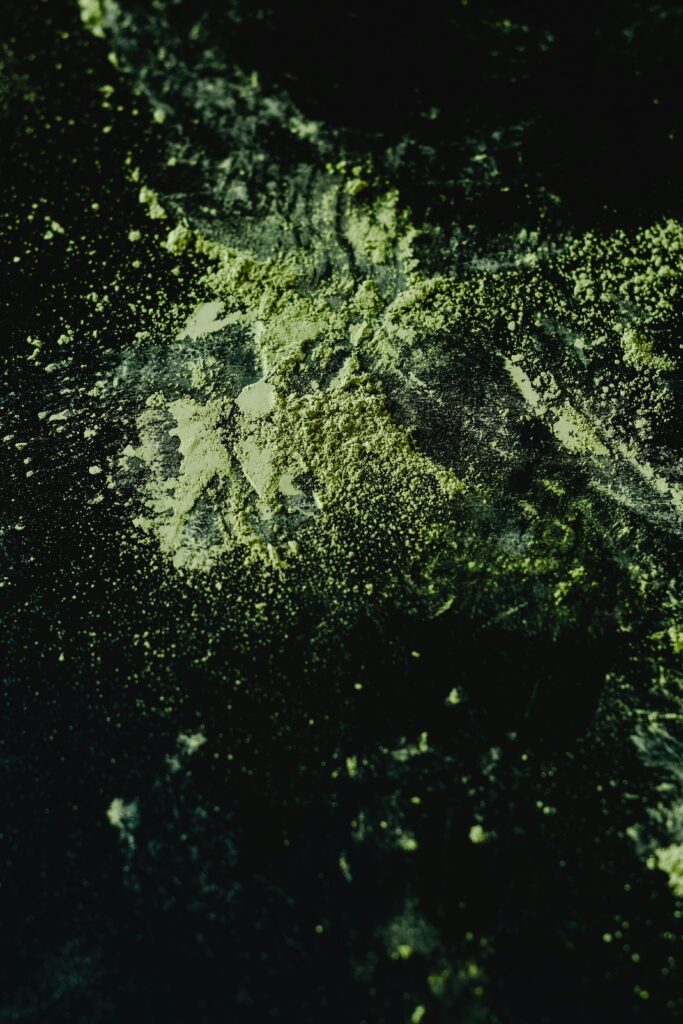
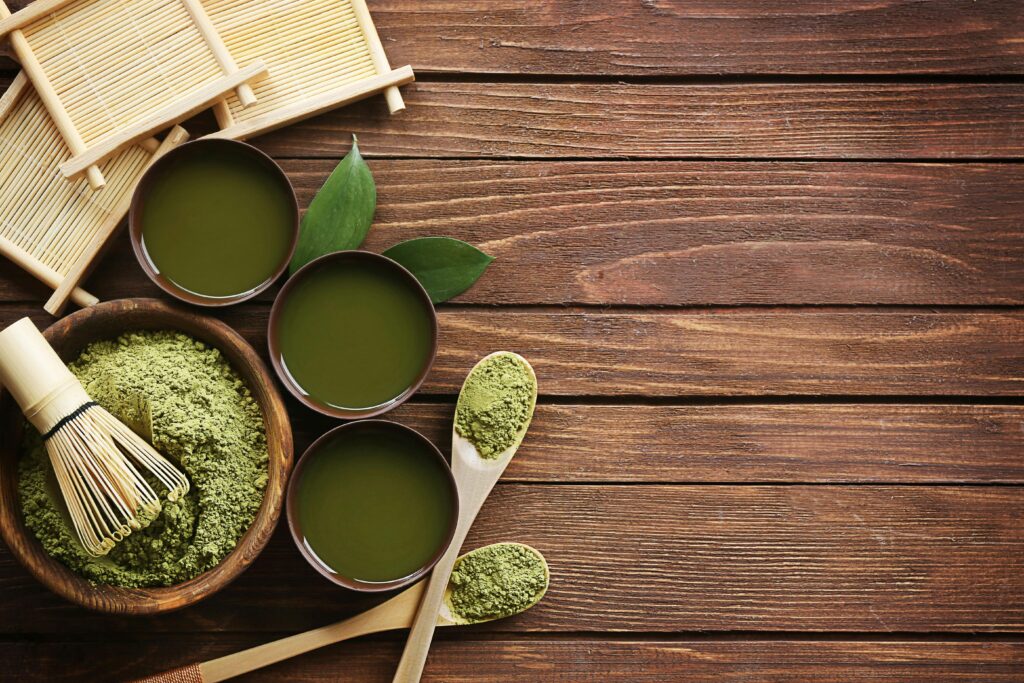
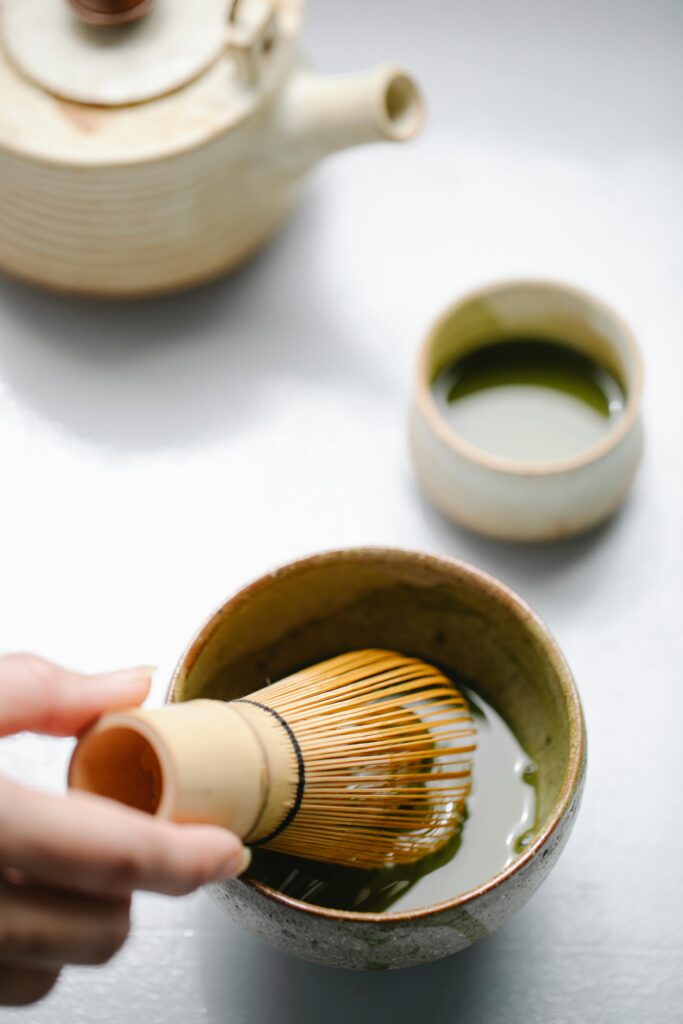
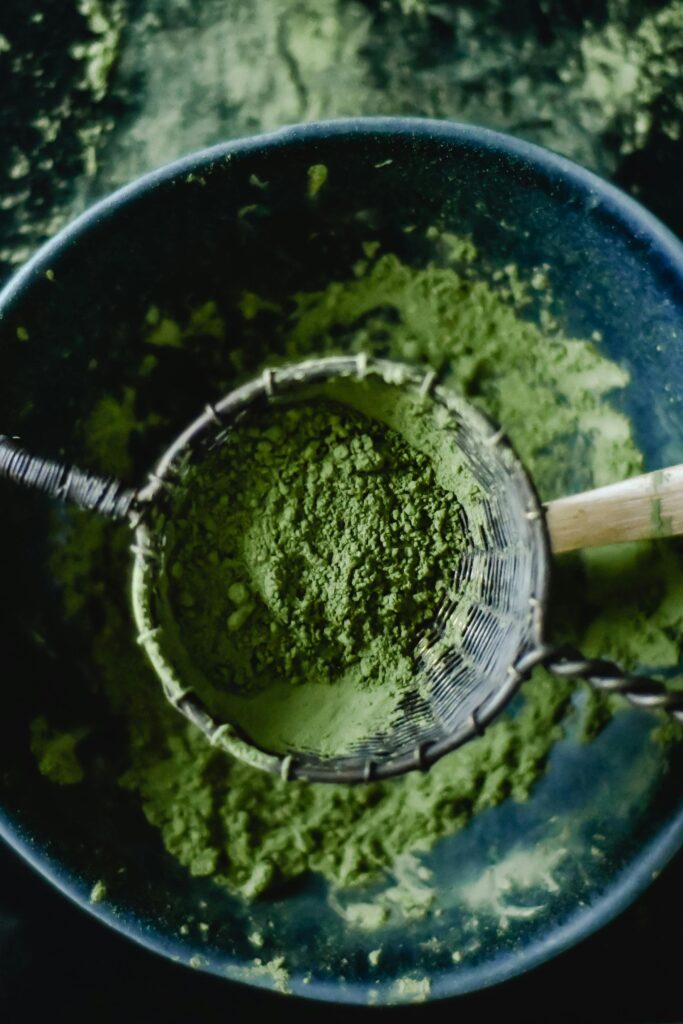
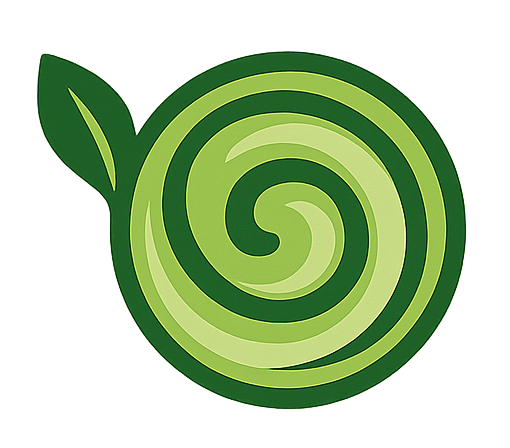
Join our mailing list to receive updates and exclusive tips.
There are no results matching your search